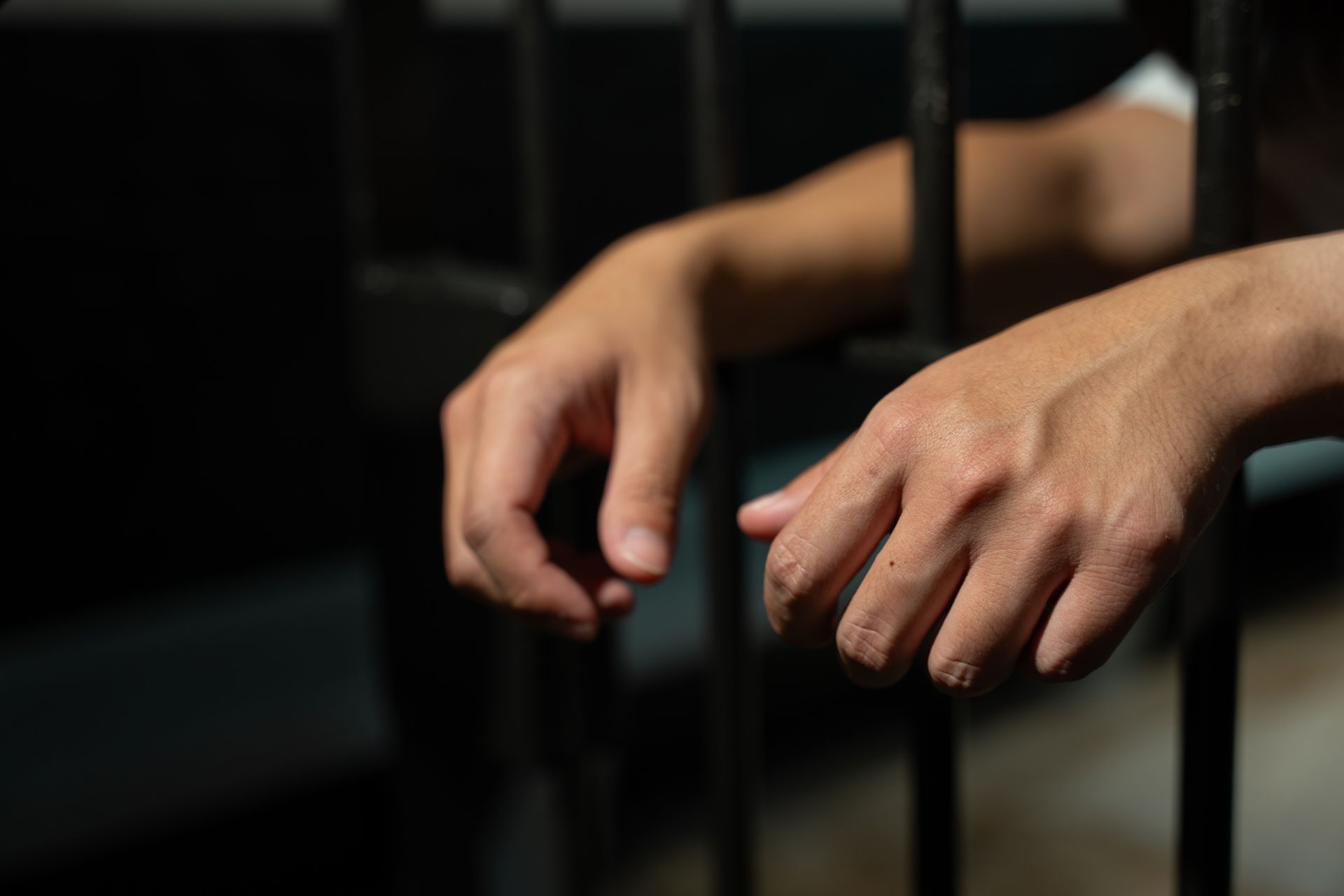How Long Do You Stay in Jail if You Can't Make Bail in Pasco County, Florida?

Being arrested and unable to afford bail can be a daunting experience. In Pasco County, Florida, as in the rest of the state, the duration one might spend in jail without posting bail depends on various factors, including the nature of the charges, court schedules, and legal procedures. This comprehensive guide aims to shed light on the processes and timelines involved.
1. The Arrest and Initial Detention
Upon arrest in Pasco County, individuals are typically taken to the county jail for booking. This process involves recording personal information, photographing, fingerprinting, and entering the charges into the system.
2. First Appearance (Advisory Hearing)
Florida law mandates that an arrested individual must appear before a judge within 24 hours of arrest. This hearing, known as the first appearance or advisory hearing, serves several purposes:
- Reviewing Probable Cause: The judge assesses whether there is sufficient evidence to justify the arrest.
- Informing Rights: The defendant is informed of their rights, including the right to remain silent and the right to an attorney.
- Setting Bail: The judge determines whether to set bail and, if so, the amount. Factors influencing this decision include the severity of the offense, the defendant's criminal history, ties to the community, and risk of flight.
If bail is set and the defendant cannot afford it, they remain in custody.
3. Pretrial Detention and Bail Considerations
In certain situations, the court may deny bail altogether, leading to pretrial detention. This typically occurs when:
- The defendant is charged with a capital offense or an offense punishable by life imprisonment, and the evidence is strong.
- The defendant poses a significant risk to the community or is deemed a flight risk.
For less severe charges, if the bail amount is unaffordable, the defendant can request a bail reduction hearing. The court may consider lowering the bail based on the defendant's financial situation and other mitigating factors.
4. Filing of Formal Charges
The State Attorney's Office is responsible for filing formal charges. Florida Rule of Criminal Procedure 3.134 stipulates:
- Within 30 Days: The state must file formal charges within 30 days of arrest.
- Release on 33rd Day: If charges are not filed within 30 days, the defendant must be released on their own recognizance by the 33rd day, unless the state shows good cause for a delay.
- Maximum 40 Days: Under no circumstances should a defendant remain in jail beyond 40 days without formal charges being filed.
5. Speedy Trial Rights
Florida's speedy trial rules ensure that defendants are not held indefinitely:
- Misdemeanors: Trial must commence within 90 days of arrest.
- Felonies: Trial must commence within 175 days of arrest.
Defendants can waive these rights to allow more time for case preparation or plea negotiations.
6. Alternatives to Remaining in Jail
If unable to post bail, defendants have several options:
- Release on Recognizance (ROR): The court may release the defendant without bail, based on their promise to appear in court.
- Bail Reduction Hearing: Requesting the court to lower the bail amount.
- Bail Bondsman: Engaging a bail bondsman who posts bail on behalf of the defendant for a fee, typically 10% of the bail amount.
- Pretrial Services: Participating in supervised release programs that monitor defendants until trial.
7. Impact of Extended Pretrial Detention
Remaining in jail pretrial can have significant consequences:
- Employment Loss: Extended absence from work can lead to job termination.
- Family Strain: Inability to support or be present for family members.
- Housing Issues: Risk of losing housing due to non-payment or absence.
- Mental Health: Prolonged incarceration can affect mental well-being.
8. Seeking Legal Assistance
Navigating the legal system can be complex. It's crucial to consult with a qualified attorney who can:
- Advocate for bail reduction or ROR.
- Expedite the filing of formal charges.
- Ensure the defendant's rights are protected throughout the process.
Conclusion
In Pasco County, Florida, the duration one might remain in jail without posting bail varies based on several factors, including the nature of the charges, court procedures, and individual circumstances. Understanding the legal processes and seeking appropriate legal counsel can significantly impact the outcome and duration of pretrial detention.

